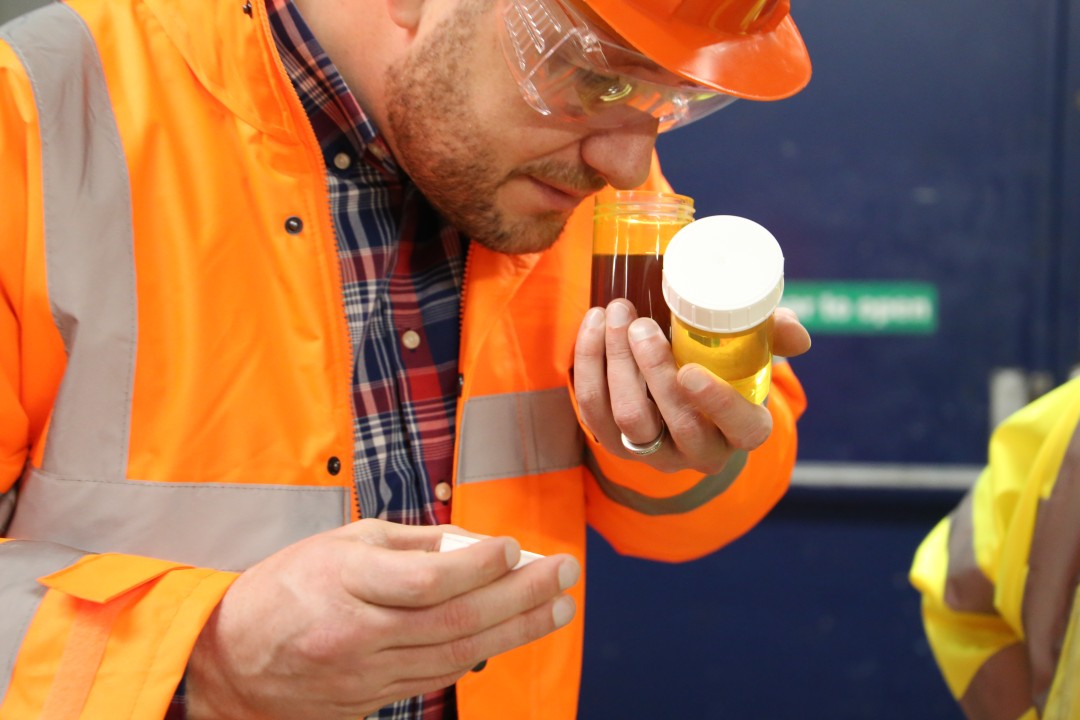
Bringing People
Together
Since 2002
You can speak to an advisor on: 0151 786 8239

While the UK manufacturing sector has faced challenges and a decline in its share of GDP, it's not entirely stagnant and shows signs of potential for future growth, particularly with renewed focus on innovation and investment.
Challenges and Decline:
Historical Decline:
UK manufacturing has seen a relative decline since the 1960s, with its share of GDP falling from around 30% in 1970 to less than 9% in 2022.
Post-Brexit and Covid-19 Impacts:
The sector contracted sharply in 2020, partly due to Covid-19, and some attributed the weakness to Brexit, which was expected to reduce manufacturing exports.
Skills Shortage:
Manufacturers are struggling to recruit the skills they need, leading to reduced productivity and stifled business growth.
Supply Chain Issues:
Supply chain disruptions and rising costs have also impacted the sector.
Investment Stalled:
Investment in manufacturing has been slow, with companies holding onto cash and not making long-term investments due to uncertainty.
Potential for Growth and Future Outlook:
Renewed Focus on Manufacturing:
There's a growing recognition of the importance of manufacturing for economic growth and resilience, both in the UK and globally.
Government Support:
Governments are increasingly recognizing the need to support the manufacturing sector and are implementing policies to encourage investment and innovation.
Technological Advancements:
The rise of technologies like AI, robotics, and 3D printing could revolutionize manufacturing and boost productivity.
Focus on Sustainability:
Sustainable manufacturing practices are becoming increasingly important, and companies that invest in green technologies and processes will be well-positioned for the future.
Skills Development:
Addressing the skills shortage through training and education programs is crucial for the future of the manufacturing sector.
Increased Confidence:
There are signs of renewed confidence in the manufacturing sector, with banks and other organizations stepping up to support companies.
Future Growth:
Oxford Economics forecasts the UK manufacturing sector to expand 12.0% by 2033, which represents a change in gear for the sector when compared with growth of 8.6% over the past ten years.
Global Manufacturing:
The global manufacturing market is projected to amount to US$13.8tn in 2025 and is expected to grow at a compound annual growth rate of 1.42% (CAGR 2025–2029).
Terry Murphy
ShareHow can we help?
If you’d like to learn more about our divisions, don’t hesitate to ask…



